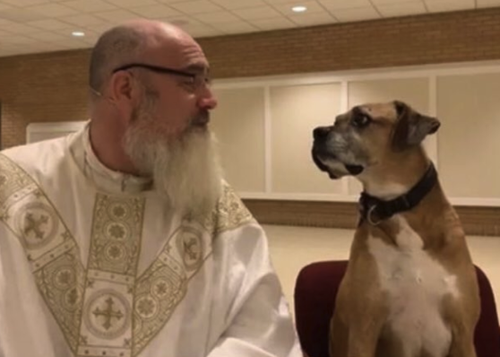On his way to becoming a Hollywood superstar, Bill Murray demonstrated great skill at delivering rants that blurred the line between lunacy and pathos.
In the 1988 flick "Scrooged," he belted out lessons learned from visits with the ghosts of Christmas past, present and future, as well as occupying his own coffin in a crematorium.
"I'm not crazy. It's Christmas Eve. It's the one night when we … share a little more. For a couple of hours, we are the people we always hoped we would be. It's really a miracle because it happens every Christmas Eve," proclaimed Murray's character, a greedy, arrogant TV executive.
"If you waste that miracle, you're gonna burn for it. I know. … There are people that don't have enough to eat and who are cold. You can go and greet these people. Take an old blanket out to them or make a sandwich and say, 'Here!' l get it now. … I believe in it now."
"Scrooged" is a fascinating Tinseltown take on the Charles Dickens novella "A Christmas Carol" because of what the film contains and what it leaves out, said English literature professor Dwight Lindley of Hillsdale College in Michigan.
This dark comedy contains miracles, ghosts, angels, sin, judgment, penance, purgatory, damnation, the Grim Reaper and eternal life. What it lacks is any meaningful role for God or a Holy Babe in a manger.
"Scrooged" is as "far as some people in Hollywood can go with Dickens," by "domesticating his message and making it more comfortable," said Lindley, who is teaching a six-lecture online course about this 1843 text.
The class, he added, was created for "anyone who loves the story, but doesn't know how to dig deeper into it than what they have seen in the somehow superficial versions that are around. … Some people have a sense that there is something deeper, something moving underneath the surface."
For many, watching "A Christmas Carol" on video is a holiday ritual. These movies usually include the basic story, while ignoring the narration in which Dickens frames his parable.










